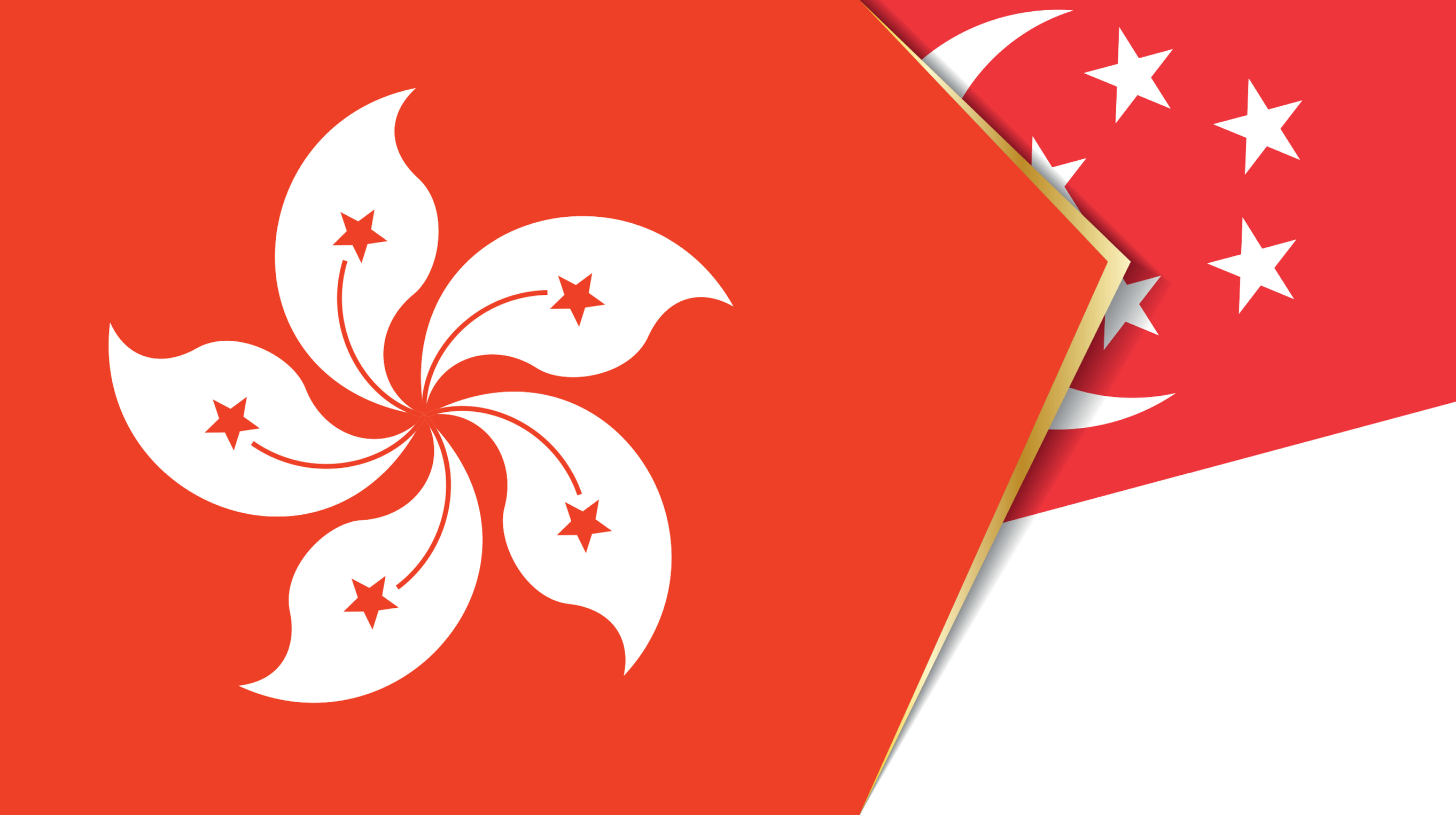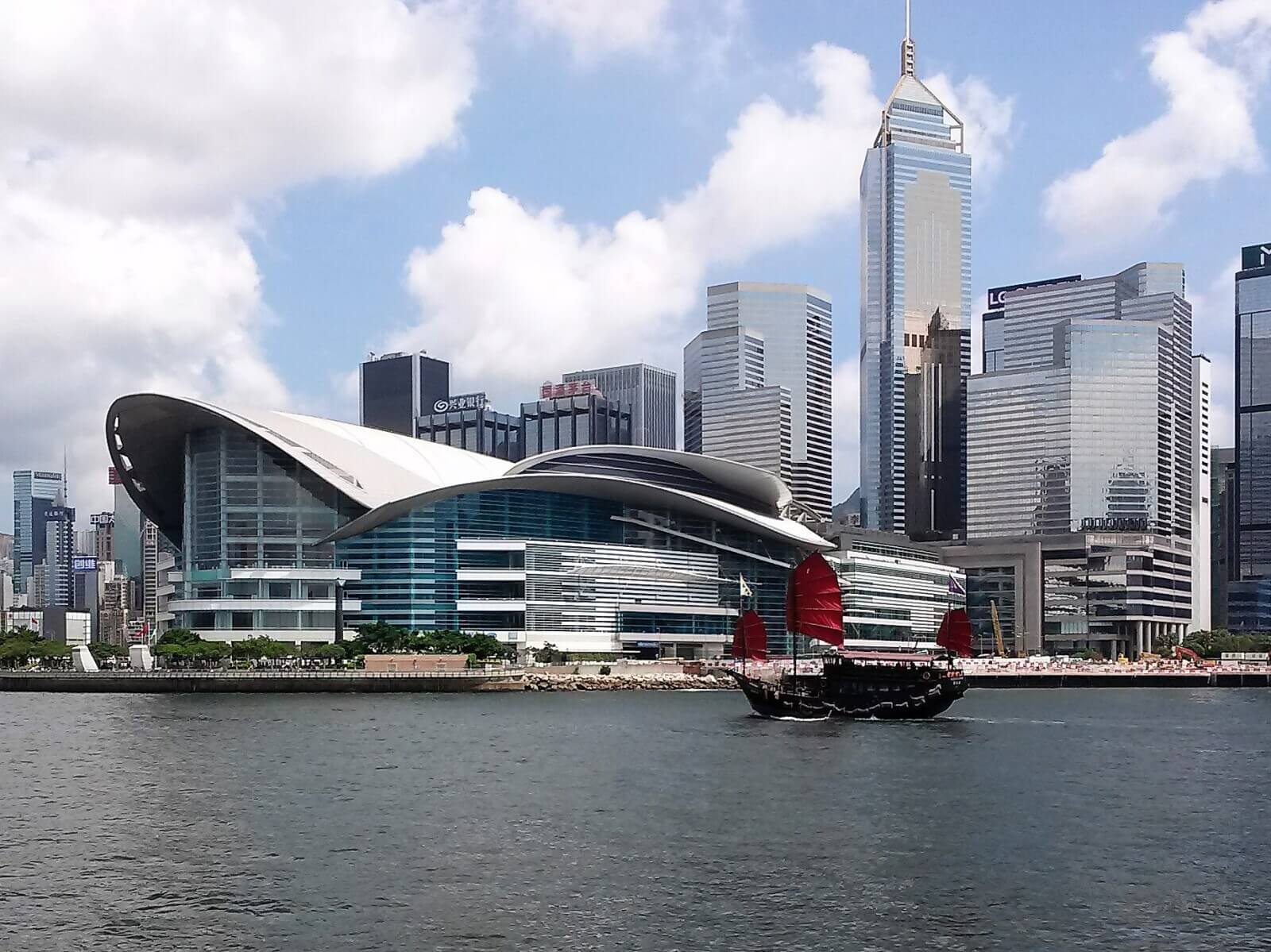With a plethora of event organisations in most locations, choosing the right company to stage a successful event can be a challenge. The decision can be difficult with destination management companies (DMCs), specialist event providers, PR agencies and marketing organisations all vying for a slice of the lucrative pie. Some claim to be a one-stop shop, while others vow to stick to their knitting and deliver a specialist experience.
What’s in a name?
 The first step in engaging the most appropriate company is knowing who they are and what they do. It’s then a job of understanding the differences between the animals in the events management zoo. To the uninitiated, deciphering the acronyms and abbreviations can be the first challenge.
The first step in engaging the most appropriate company is knowing who they are and what they do. It’s then a job of understanding the differences between the animals in the events management zoo. To the uninitiated, deciphering the acronyms and abbreviations can be the first challenge.
A DMC (destination management company) specialises in staging business events in a particular location. Generally considered “broad-brush” in their comprehensive offer, DMCs can access goods and services via a network of local operators, and present a seamless offer to clients.
Their skills lie in coordinating the many aspects of an event including transportation, venue hire, accommodation, logistics, staging and entertainment, and their platform is generally built on extensive knowledge and solid working relationships with the various operators in their city or region. DMCs can
be private organisations or government bodies established to “sell a destination” and peddle the services of their members to the business events sector or general consumer tourism market.
According to the Association of Destination Management Executives (ADME), five key factors must be taken into consideration when choosing a DMC: local familiarity, industry experience, budget, contacts and range of services. Their website – www.adme.org – claims: “A destination management company is an interior designer, a travel agent, an event planner, a marketing executive, an entertainment consultant and a graphic artist all rolled into one.”
Specialist event companies (SECs) produce events which are often industry specific. Product launches, themed incentive events and trade functions are often managed by SECs. They differ from a DMC in that their expertise lies in their extensive knowledge of a particular industry, rather than that of a certain destination.
Often, an SEC will work within one industry – automotive, pharmaceutical or insurance for example – and will work with other local organisations to produce an event that has appeal and success within their area of industry knowledge. However, this is not to say that an SEC that has a track record of staging magnificent car industry events cannot produce and stage an event for another unrelated industry.
Drilling down to an esoteric level and narrowing the field even further, experiential event companies provide an even more specific product offer. Largely operating in the marketing world and delivering interactive, experiential events to consumers, experiential event companies also deliver traditional formatted business events but which are loaded with high-octane bells and whistles.
Those organisations with established relationships with a public relations (PR)company or marketing and communication specialists often prefer to tread a known path and charge their PR professionals with the responsibility of creating and executing a special corporate event.
PRs are well versed in staging headline-seeking events and media stunts. The benefit of engaging an existing PR company to stage an event is that the corporate culture and public face of the client organisation will be included and taken into consideration. The event’s “attitude” will be reflected in a way that fits the client’s style guide and public image.
A confusion of claims
Events industry expert Sanjay Seth, managing partner of creative agency, Squake Pte Ltd in Singapore, believes in the horses for courses adage. “Clients are often confused about who they should approach for an event. Various agencies will claim to do it all, and they will certainly have core skill sets for which they are well known,” he says.

“PR agencies are traditionally the media specialists and get involved in the media aspects of an event, from positioning work to planning and on-site management – especially in the case of media conferences, corporate launches and the like. One would approach a DMC for strategic ground support in a destination where local knowledge and resource access is critical. Services they offer would include ground transfers, venue arrangements, local talent management and even local manpower.
“An event planner would pitch an event end-to-end solution. They source and coordinate multiple vendors and lead the client management efforts. Some begin with registration, down to the planning of leisure activities, plenary sessions, gala dinners, entertainment, AV rental, and so on.
“A strategic creative agency however, would delve a little deeper into answering the objectives of the event. They would ensure an understanding of the current mindset of the audience and what it is that you, the client, want the participant to leave the event thinking, feeling and doing. Specific touch points would then be created where messages are woven into an immersive event experience that these guests cannot buy or replicate. These agencies would then deliver the event either on their own merit – depending on their experience and skill sets – or with the support of external vendors as event companies do,” he concludes.
Stuart Brigden is managing director of Dragon Group Events and believes his organisation crosses between specialist event organiser and experiential event company. “Whilst our products are quite specific, we’re a blend of the two,” he says. “We’re currently organising a multi-corporate charity challenge in Singapore, and at the same time, we are getting people behind the wheel of a radical track day car event in Sydney.”
Brigden’s intimate knowledge of the events world was gained first-hand as a corporate end user when he worked in Asia as an MD in a global bank. He believes his personal experience is a powerful factor in his clients’ decision to use his services over a DMC or
PR firm.
“Whether it’s a team-building exercise, a management retreat or an incentive trip, I’ve experienced it and can fully relate to the expectations as a result. This makes Dragon much more sympathetic to the brief, and provides a better platform for providing the right proposal.”
However, there are situations where Brigden has recommended a potential client seek the services of a competitor. One particular client experience became so convoluted that the thread of contact back to the original source was too circuitous. “It was a Vietnamese insurance company’s incentive trip to Singapore. The client liaised with their local travel agent, who in turn liaised with a local travel agent in the destination, who then liaised with the hotel. The hotel contacted me for the entertainment. The result was too many facilitators in the chain – if I can’t liaise directly with the client, there is too much risk of failure,” he says.
The importance of credentials
 Destination Asia is a network of DMCs across 11 countries from Japan to Singapore, including Indonesia, Vietnam, Thailand and China. According to Bob Guy, managing director of Singapore and Malaysia, one criterion for the selection of a DMC should be the experience and credentials of its staff.
Destination Asia is a network of DMCs across 11 countries from Japan to Singapore, including Indonesia, Vietnam, Thailand and China. According to Bob Guy, managing director of Singapore and Malaysia, one criterion for the selection of a DMC should be the experience and credentials of its staff.
“The credentials of an organisation can be measured by the skill, experience and track record of the staff, the customer portfolio and the delivered services to others,” he says. “For instance, Destination Asia in Singapore has five staff members who are qualified as Certified Meeting Professionals. We have a tight local engagement and knowledge in the destination, the ability to tap local talent, unique venues, obtain access to locations, and speakers who are not otherwise available. This gives us a platform for access to people and services that others would not enjoy. We also take advantage of year-long volume purchase prices which our clients benefit from.”
Guy also warns of the perils of going it alone. “There is always pressure from the end user or customers to contain or reduce price. This can occasionally lead to situations where the travel intermediary or meeting planner attempts to ‘go direct’ in the destination. This, in turn, can further lead to situations where there is a lack of knowledge or true understanding about a venue, where there are gaps in service and consequently an event is delivered that is not as was originally conceived. It can also create a situation where the planner must go back to the DMC asking them to take over the arrangement with the venue. Typically, we find that working with a DMC on all facets of the destination is the best way as we have the inside knowledge and the ability to manage an event to or above the customer’s expectations.”
 Jack Morton is a recognised “Brand Experience Agency”. Its Hong Kong-based managing director, Guy Parsonage, has definite views on his company’s role in event staging. “As a brand experience agency, our creative and production process focuses first on understanding the ins and outs of the client’s brand. We go beyond the logo guidelines, and work to understand the brand’s position in the marketplace, and its culture and ethos, both internal and external.
Jack Morton is a recognised “Brand Experience Agency”. Its Hong Kong-based managing director, Guy Parsonage, has definite views on his company’s role in event staging. “As a brand experience agency, our creative and production process focuses first on understanding the ins and outs of the client’s brand. We go beyond the logo guidelines, and work to understand the brand’s position in the marketplace, and its culture and ethos, both internal and external.
“We then work to understand the business challenge or opportunity being addressed, and who the audience is for the project. From there, we develop a fully integrated touchpoint journey with the brand’s voice that addresses this issue. The touchpoint journey is key, as every experience with a brand is important. For example, if the set in the main conference space looks beautiful, but the content delivered onstage is not dynamic or not presented in an interactive, interesting manner, the audience will not be fully engaged, and an opportunity will be lost.”
The potential losses also continue after the event ends. “If the conference is amazing, but the follow-up digital communications don’t pull the messaging through consistently, you’ll lose the momentum of a successful event,” continues Parsonage. “This approach is different from a DMC’s, which will tend to focus on the logistics of an event. Event companies will bring in more creative around the event itself – what is the space like, and what’s happening onstage at all times. And PR companies will tend to be more concerned with how the media and public will talk about the project afterwards. We work regularly with partners and vendors in all of the other categories, and there is great value in their various specialities,” Parsonage concludes.
Jeremy Walker, Hong Kong-based manager of GollinHarris, says: “Corporate events are just another element of the marketing mix. The primary aim being to communicate the company’s key messages concerning their product or service, issue or cause.”
He notes that the guest list in these events includes not only members of the press but also shareholders, staff members and key opinion leaders. “Therefore, the PR agency plays a pivotal role in ensuring that the key messages are communicated to these parties in a succinct, impactful and informative manner.
GollinHarris, however, knows when to tell a client that it should consider another type of event company.
“[We do this] when the event requires a certain level of technical expertise – be that audio-visual, production, staging, theatrical elements, entertainment and experiential, or when the event’s complexity requires specialist project management expertise that we can’t handle in-house.”
Cynthia Dammerer, chief executive of Australian-based Dammerer-Nicholas PR + Marketing, has a different view. “I have clients calling me because they know I have extensive knowledge of a destination such as Bali for example. They also know that I understand the sort of experience their people want, and as a result, ask me to put together their group’s incentive itinerary.”
She adds: ”My clients also know that using a public relations professional, who is free to deal with any local operator and is not locked in to existing contracts or commission arrangements – that in itself can provide a very cost-effective solution.”
First stop
The challenge of locating the most appropriate operator for a corporate event and finding the right starting point can be obviated by an initial contact with the location’s convention bureau (CVB).
Edwina San manages the International Incentives division of the Melbourne Convention & Visitors Bureau in Australia, which also has offices in Shanghai, Hong Kong, Singapore, London and New York. “It makes sense to contact a local CVB in the first instance,” she says. “[They] can help with assessing the dimensions of a client’s event and recommend an unbiased range of accredited operators who would have the experience and cultural understanding to deliver a particular style of event, matching the brief and budget requirements.”
So the selection process may not be as simple as first thought, and could well result in the engagement of more than one operator. But regardless of the organisation(s) chosen for a particular reason or desired result, the choice must be well considered, all options must be put on the table, and due diligence must be applied.

TOP TIPS
• Understand what you are trying to achieve from your event
• Establish a realistic budget
• Shop around – talk to more than one operator
• Contact the local convention bureau
• Know your participants and their expectations well
• If you’re looking for a specific WOW factor, talk to a specialist
• Go with experience and those with excellent contacts
• Check references and previous client
• Ask many, many questions
THE PROFESSIONALS
Destination Asia – Singapore
tel: +65 6887 5508
Dragon Group Events – Singapore
tel: +65 6762 5272
Jack Morton Worldwide – Hong Kong
tel: +852 2905 9972
Squake – Singapore
tel: +65 6423 0279


